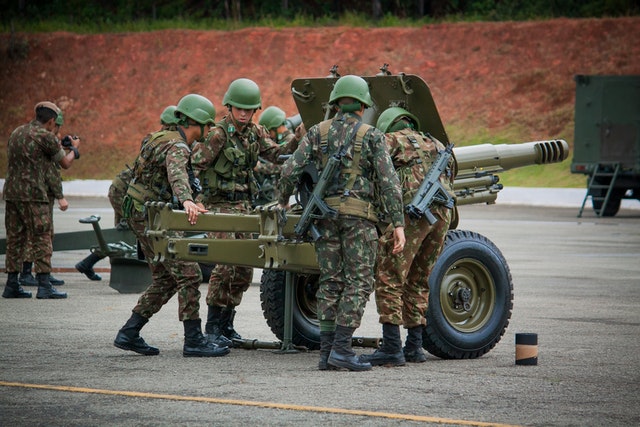The term “war crimes” refers to violations of the laws of war that result in individual criminal responsibility. These actions include the intentional killing of combatants and civilians. This article discusses some of the common types of war crimes. The term “war crimes” is often used to describe any illegal acts committed during the war. A war crime can be defined as any act that violates the fundamental rules of war. It is a violation of the rights of other people and must be stopped before it has a chance to become a reality.
The definition of war crimes is complex, as there is no single international treaty codifying every type of crime. However, examples of war crimes include targeting civilian populations, taking hostages, rape, enlisting or conscripting children, and deliberately attacking buildings dedicated to culture or the arts. In addition to the above-mentioned examples, any country is allowed to investigate war crimes within its own national framework. A recent case involving a former Syrian officer has highlighted the complexity of the subject.
While many crimes involving military personnel are considered war crimes, many are not. In particular, an attack on military objectives that causes excessive collateral damage is often a war crime. Collateral damage refers to damage inflicted on civilians by a belligerent and is not a legitimate use of force. There is some debate over the definition of “excessive” collateral damage, which is an important consideration when trying to identify war crimes.
War crimes can include acts of violence against people in civilian areas, as well as violations of international humanitarian law. Some examples of war crimes include denying access to food and medical care to civilian populations. International humanitarian law outlines the standards that can be met when a person commits war crimes. It has evolved into an extensive body of case law dating back to the First World War. While the concept of war crimes may be confusing, the definition is easy to grasp.
Most war crimes go unpunished. This is because of the difficulty of obtaining proof of intent and gathering evidence beyond a reasonable doubt. Additionally, power politics is a big factor in determining the legitimacy of these cases. Often, the victors get to control post-war justice. However, if the victors are found guilty, they will often be given leniency. So how do we get justice for war crimes?
Currently, the International Criminal Court (ICC) has jurisdiction over many incidents of war. Bringing cases against high-level officials in a state that is not a member of the ICC is a significant challenge. Many of the world’s leading nations are absent at the scene of the alleged violation. For example, Russia has been accused of targeting civilians, taking hostages, and other violations of international law. Ukrainian President Volodymyr Zelensky has accused Russia of war crimes in Mariupol. In addition to the theater, a maternity ward and art school have also been targeted. Kremlin denies any responsibility for targeting civilians.
The definition of war crimes is difficult. Throughout history, the concept of war crimes has changed. Earlier examples were not considered war crimes. In Greek and Roman times, the punishment of war crimes depended on who won the war. For example, the military leaders of winning countries were exempted from punishment. If they lost a war, their political leaders were summarily executed. As a result, it was difficult for politicians to accept that their soldiers committed crimes.
